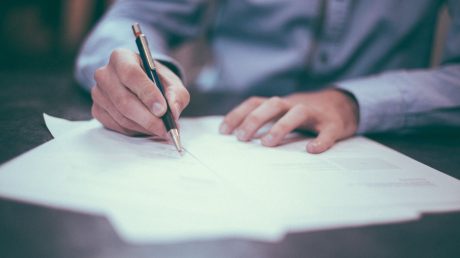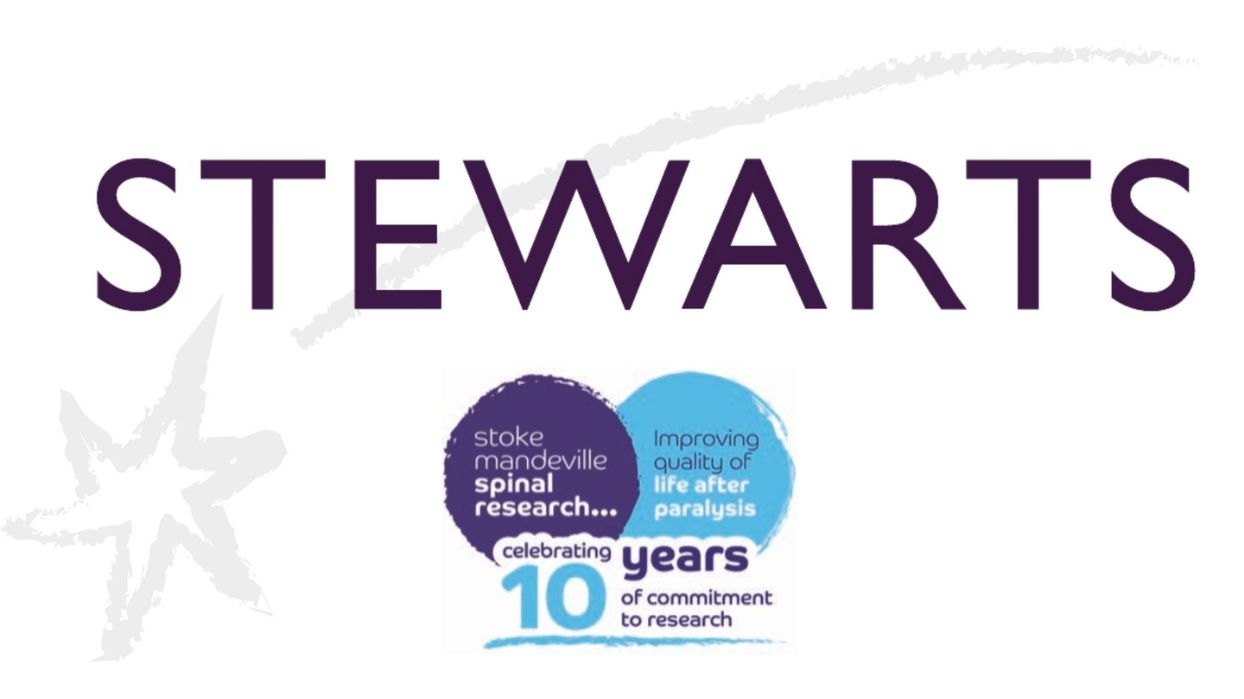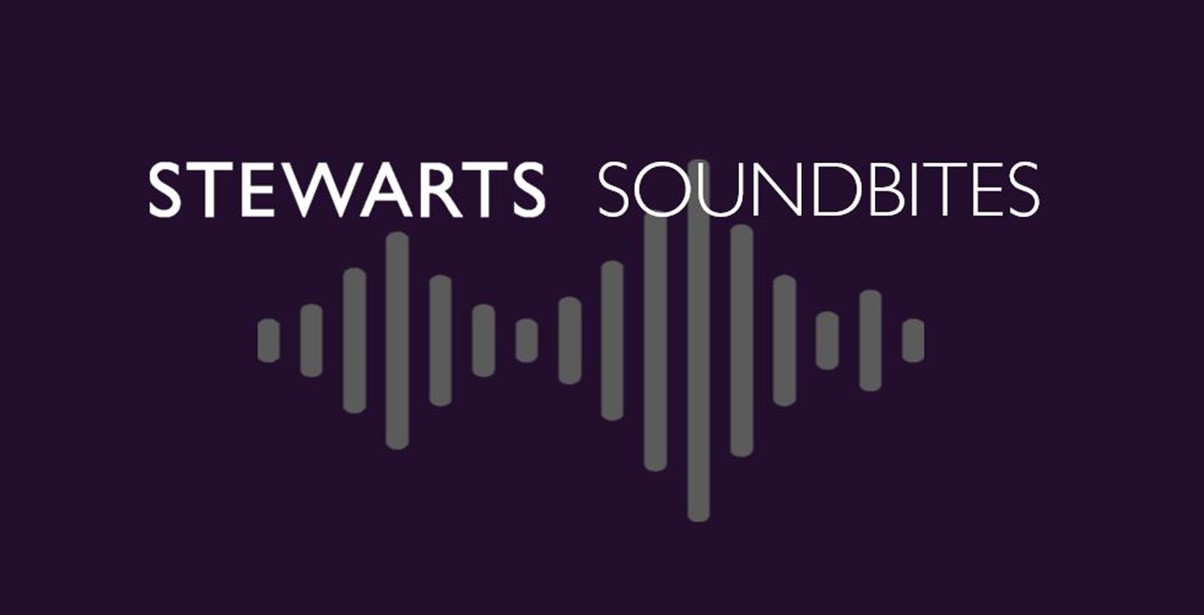An expert’s primary purpose is to provide evidence based on opinion, but to what extent can an expert provide evidence based on fact? In this article, paralegal Rafaella Salerno reviews case law in which experts have embarked on their own fact-finding exercises. She then discusses the practical implications of such case law for experts instructed in civil cross-border proceedings.
Expert evidence assists the court when the case requires an understanding of specialist or technical issues. In such cases, the instructed expert’s primary purpose will be to provide the court with opinion, rather than factual, evidence.
This is not to say experts do not (and cannot) provide factual evidence. Indeed, it is commonplace for experts’ reports to contain factual evidence. As Chief Master Marsh acknowledges in Glaxo Wellcome UK Ltd v Sandoz Ltd [2017] EWHC 1524 (Ch), there may be instances in which the court could not be expected to understand the issues at hand without evidence from an expert going beyond a mere description of facts. Academic commentary has, likewise, established that experts may prove ordinary facts, not as experts, but as ordinary witnesses (Phipson on Evidence).
However, what happens when an expert includes facts in their evidence report retrieved by conducting their own fact-finding exercise? Case law has developed providing guidance on whether experts can conduct factual investigations and whether detail of those investigations can be included in an expert’s report. A review of recent case law provides some insight into the court’s position.
A lenient approach in Moylett
In Moylett v Geldof & Anor [2018] EWHC 893 (Ch) (“Moylett”), the claimant keyboardist brought a claim against his former band member Bob Geldof, the defendant. The claimant alleged the defendant had claimed sole writing credit for one of the band’s hit songs despite the claimant having written the music and some of the lyrics. At issue was whether the music was more likely to have been composed on a guitar (as the defendant submitted) or piano (as the claimant submitted). The claimant instructed an expert composer who approached and then observed two professional guitarists playing the piece of music. He then spontaneously asked the musicians whether they thought the music was likely composed on a piano or guitar. The expert included his communications with the guitarists in his report and the defendant applied to have the relevant passages redacted.
The High Court refused the defendant’s application, holding that the expert was not only entitled to rely on the demonstration by the guitarists but also obliged to set out that he had done so in his report. The expert was essentially forming his own view on what the guitarists had demonstrated to him and the claimant was not seeking to rely on what the guitarists had said as expert evidence. In this case, it was appropriate for the expert to express himself as he wished.
In relation to excising paragraphs from expert reports, the court applied Rogers v Hoyle [2013] EWHC 1409 (QB) (“Rogers”) stating there was nothing to be gained by seeking to excise paragraphs, rather judges should be allowed to consider reports in their entirety and then attach such weight as they think fit.
Moylett and Rogers were later applied in A v B [2019] EWHC 275 (Comm). That case centred on excising paragraphs from an expert report (albeit because the report included inadmissible findings of previous courts as opposed to the expert’s findings of fact). The High Court confirmed once more that “the proper course is for the whole document to be before the court and for the judge at trial to take account of the report only to the extent that it reflects expertise and to disregard it in so far as it does not”.
A more reserved view in Stagecoach
The earlier case of Stagecoach South Western Trains Ltd v Hind [2014] EWHC 1891 (TCC) (“Stagecoach”) demonstrates a firmer approach to experts embarking on fact-finding exercises. In that case, a tree on the defendant landowner’s property had fallen onto a railway causing damage to one of the trains belonging to the claimant train company. The claimant sought the cost of repairing the damage caused to the train. The claimant’s expert tree surgeon approached the defendant and asked her questions about the tree. The expert included an account of that conversation in his report.
The High Court observed that save in exceptional circumstances, experts should not embark on fact-finding exercises and concluded that “matters of fact are for witnesses of fact, not for experts”.
While appearing to oppose the view expressed in Moylett, it is important to consider the court’s observations in context. In Stagecoach, a significant issue at trial was the accuracy of the expert’s report, with the court holding that the expert’s account was “wholly misleading and inaccurate”. This will undoubtedly have affected how the court viewed the expert’s overall conduct. In Moylett, on the other hand, the veracity of the expert’s account was not an issue.
A dual perspective
In a recent unreported case (recounted in a Chambers blog), the court distinguished between an expert’s fact-finding exercise to adduce further evidence and an expert approaching a third party to obtain further information for the purposes of preparing their report.
The claimant had suffered a head injury in a road traffic accident and sought to rely on a report from an expert care worker. In that report, the expert care worker recalled interviewing one of the claimant’s work colleagues, a witness in the proceedings and provider of ongoing support to the claimant, for an update on the claimant’s condition. The defendant applied to court to have the passages pertaining to the interview (and all opinions formed and conclusions drawn from it) excised from the report. The defendant relied on Stagecoach and the claimant relied on Moylett.
The case was first heard by Master Thornett who expressed the view that an expert was entitled to speak to a third party if they felt it relevant for preparing their report but was concerned it might put the other party at a disadvantage. At the reconvened hearing, Deputy Master Toogood shared Master Thornett’s concern but expressed the view that experts should only express their opinions on the facts available to them.
In so far as fact-finding for evidential purposes was concerned, the court held that it was improper for the work colleague’s further evidence to be adduced by the expert. The claimant went on to make a cross-application to adduce a further witness statement from the work colleague. Whether or not the potentially offending passages of the expert report should be excised did not ultimately need to be decided by the court.
Practical conclusions
It appears clear from case law that, if an expert conducts a fact-finding exercise, it should not be for the purpose of adducing further evidence. The court’s position isn’t as concrete when such an exercise is embarked upon for additional information for the purpose of preparing a report. Some decisions accept an expert’s decision to do so, while others are far more critical, particularly where the accuracy of the expert’s account is at issue. The court’s position on redacting an expert report appears to favour the view that, notwithstanding the content, the whole report should be put before the court.
From a practical perspective, an expert should:
- be reminded of their primary purpose to give evidence of opinion rather than fact
- never conduct fact-finding exercises for the purposes of adducing further evidence
- avoid conducting fact-finding exercises for the purposes of producing their report, and
- where further information is required for the purposes of producing their report, always seek it from their instructing solicitor in the first instance.
The principles established from the case law are not confined to just one practice area. They could as easily apply to an expert composer in a civil case as to an expert care worker in an injury case. Experts instructed in all practice areas ought therefore to be mindful of the court’s position on experts carrying out their own fact-finding investigations and the inclusion of factual evidence in expert reports.
Finally, international experts regularly instructed on cross-border matters are often compelled to undertake their own investigations into local standards. Perhaps more than any other type of expert, they may take a particular interest in the conclusions drawn from past case law and the principles established therein.
You can find further information regarding our expertise, experience and team on our Personal Injury and Clinical Negligence pages.
If you require assistance from our team, please contact us.
Subscribe – In order to receive our news straight to your inbox, subscribe here. Our newsletters are sent no more than once a month.






